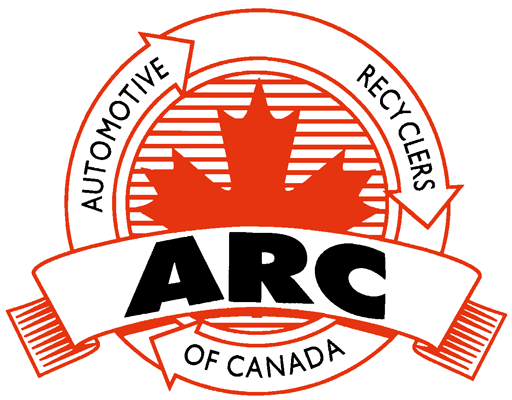My car is off warranty and, as it needs more repairs, I’ve had a mechanic suggest that going to an auto wrecker rather than paying full retail for parts will help reduce my bills. Is this a good idea? Are the used parts inspected? Guaranteed? – Ben in TorontonnWhen the worry-free warranty days are over and you’re paying out of pocket for vehicle repairs, the cost of new replacement parts can be a shock.nnIn times past, thrifty and knowledgeable consumers scoured through reclaimed vehicles at wrecking yards and took the necessary parts – often using their own tools. That kind of adventure still exists, but the reused parts business has evolved.nnMany modern “auto recyclers” inspect, test and inventory the parts from reclaimed vehicles. The 400-plus members of the Automotive Recyclers of Canada (ARC) operate a nationwide network to assist consumers seeking quality used parts.nn“People want to save money, and you’re generally starting at a 50-per-cent savings. More and more people are also getting environmentally attuned to the fact that reuse is better than buying new or even remanufactured,” says Steve Fletcher, managing director of ARC. “There’s a lot of technology to make it easier to find parts, rather than having to physically go find an auto recycler. We have our inventory online on a regional or national basis so that you can just plug in the year, make and model and then it starts to ask the intelligent questions.”nnAs vehicles become more complex, and more makes and models are available, it’s impossible for one yard to stock everything.nn“One of the things people don’t realize is that with most auto recyclers, probably 30 to 35 per cent of their business is with another auto recycler. So if you’re in Toronto, but the part is in Ottawa, oftentimes it’s better for you to do business with the Toronto recycler who has a relationship with the guy in Ottawa, because we have our own shipping network and warehouses,” Fletcher says.nnIt’s hard to argue with the environmental benefits and cost savings of reused parts, but what about your quality concerns? Parts offered for resale by ARC members must adhere to quality-control guidelines.nn“All of our members have a warranty, it’s part of the association. So a minimum 30-day warranty on body parts, and generally up to a year for mechanical parts – the engine, transmission,” Fletcher says. “Seventy to 80 per cent of our members also offer extended and full labour warranties, which is directly competitive with what the dealership or an auto repair facility needs to give if they’re going to function.”nnOf course, some replacement parts should only be purchased new. “Anything directly safety related or consumable. People will call up and say, ‘Hey, I need a muffler.’ Well, the cost to cut one of those off and clean it up, and they’re so cheap in an after-market situation, that it just doesn’t make any sense. Brake pads and airbags sell, but it’s not something that’s generally encouraged by insurance companies, et cetera,” Fletcher says.nnThe cost of off-warranty repairs can be hard to swallow, especially for a substantially depreciated vehicle. If you’re working with a trusted mechanic, sourcing quality used parts with a guarantee is sensible. For components such as a catalytic converter or transmission, savings can run into the thousands of dollars.nnJoanne Will. Special to The Globe and Mail
